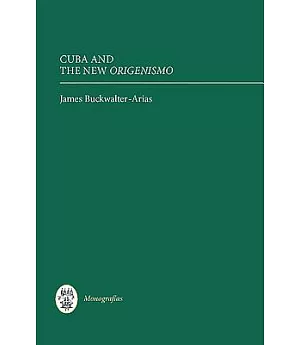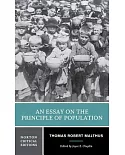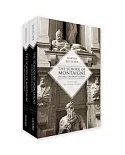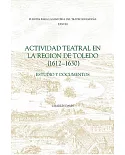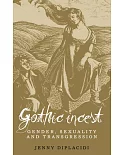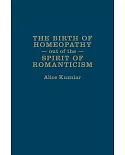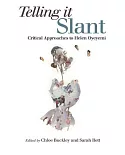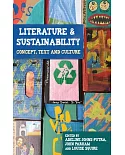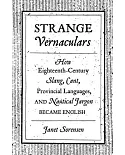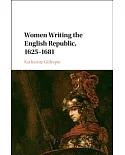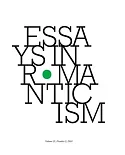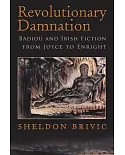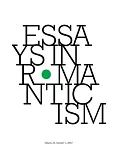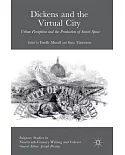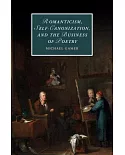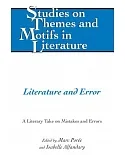The literary texts examined in this study were written in the 1990s, in the wake of a paradigm crisis for socialism and revolution. While Cuban literature was being re-commodified for an
international publishing industry, various Cuban writers (Eliseo Alberto, Jes�繙s D�簫az, Leonardo Padura, Senel Paz, Antonio Jos�穢 Ponte) reclaimed the cultural movement associated with the
magazine Or�簫genes (1944-1956). Disparaged and marginalized in the 1970s, the origenistas now constituted an emblem of literature's autonomy from the state and of its foundation in an authentic
aesthetic sensibility. This neo-origenismo framed an ostensibly modernist literary utopia in the wreckage of a socialist utopia, at a historical moment in which both of these counter-hegemonic
projects were overpowered by the culture industry of consumer capitalism. The new origenismo thus speaks to the suspension of Cuban literature between the nation state and the transnational
market, and indeed, to the suspension of Cuba itself between a beleaguered socialism and an encroaching global capitalism. JAMES BUCKWALTER-ARIAS is an assistant professor in the department of
modern languages at the University of Hanover, Indiana.

